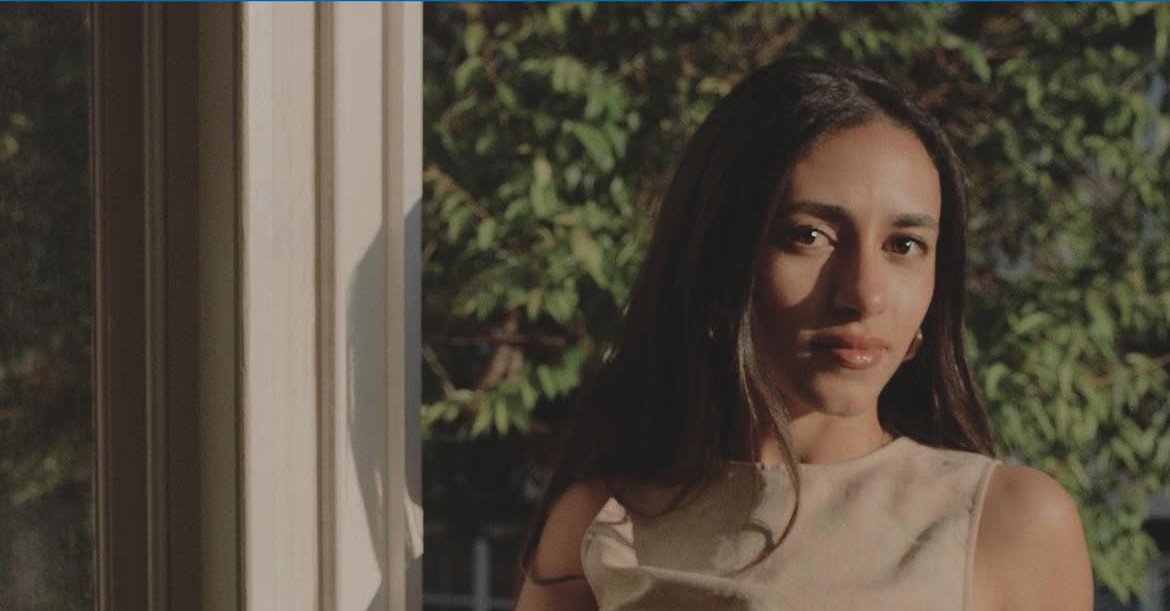Nihal El Assar On Music & Resistance
Soundtracks of Liberation
Music has always been at the heart of movements for justice. Whether in the streets, in exile, or in the underground, music has been a tool for survival and resistance. In SWANA, it has played a critical role in anti-colonial struggles.
During the Algerian War of Independence, artists like Matoub Lounès used their music to defy French rule, keeping indigenous traditions alive through song. In Palestine, artists like DAM and Mohammed Assaf have used hip-hop and pop music to voice resistance against occupation and displacement. The Iraqi artist Ilham Al-Madfai blends traditional Arabic music with modern influences, preserving the cultural essence while adapting to contemporary struggles.
Music is a form of storytelling, and in a region where histories have been stolen and rewritten by outsiders, it serves as a way to document the truth. Every oud riff, every mawwal, every protest chant carries the echoes of those who came before.
What was the moment or series of moments that politicised you?
What has it meant for you to carry both Egyptian identity and diasporic experience in your work, especially in music?
You come from a segment of society in Egypt that often doesn’t engage with or speak about colonialism or power structures, what first pulled you toward leftist and anti-colonial thought?
Your work spans DJing, writing and research, do they bleed into each other when you’re creating? How do they connect?
In your writing and sets there's often a balance of vulnerability and critique. How do you navigate that emotional labour especially when your identity is part of what’s being consumed?
Why is it important that we don’t just consume SWANA music and art but understand where it comes from?
In your opinion how has colonialism impacted artistic expression in Egypt and the wider region both in the past and now?
How do you stay rooted in your politics in scenes that often want art to be “neutral” or “just vibes”?
You’ve been involved with the Palestinian Youth Movement, how do you see music and art playing a role in liberation struggles?
Are there particular writers, thinkers or movements that have shaped the way you approach both art and the world?
12. If you could archive one sound or song from our region forever, something future generations must remember, what would it be and why?
13. Has there ever been a song or artist from the region you didn’t fully understand until you lived through something that made it click?
14. You’ve platformed so many Palestinian and SWANA artists through your sets and writing. How do you think music helps us reclaim what’s been stolen or silenced?
15. If you could soundtrack a revolution, what would the first track be?
16. Can you share your thoughts on the current state of the Egyptian and Palestinian music scenes, particularly in genres like drill and hip hop? How do these genres serve as forms of resistance or social commentary?
17. From your perspective how is the SWANA underground scene shifting right now? What excites you and what worries you?
18. You move across spaces that are often shaped by Western gaze. How do you decide what not to share? What parts of yourself or your culture do you protect, if any?
19. We talk about the West as a site of safety for many diasporic artists but also one of extraction and hypocrisy. How do you hold both truths at once?
20. How do you deal with disillusionment, especially as someone who is critical of the structures but also constantly operating inside them?
21. Looking ahead, how do you envision the evolution of the SWANA region's creative landscape in addressing and redefining post-colonial identities?
22. What does solidarity mean to you, beyond statements and hashtags, within music communities and beyond?
23. What’s one myth about Arab or SWANA identity that you feel you need to constantly push back against?
24. You’ve carved out space as someone who brings depth into music. What’s something you wish more people asked when it comes to music and liberation?

